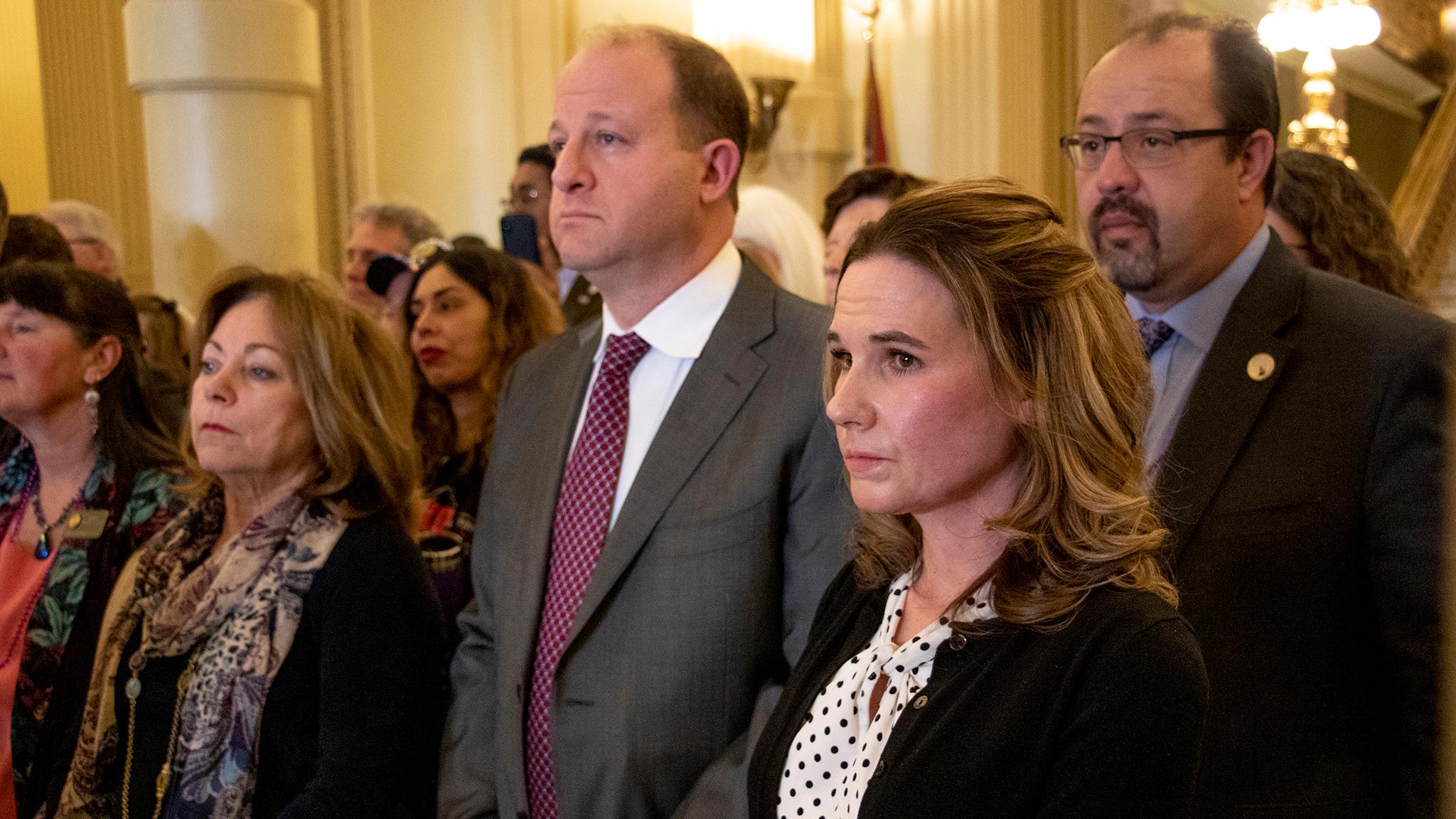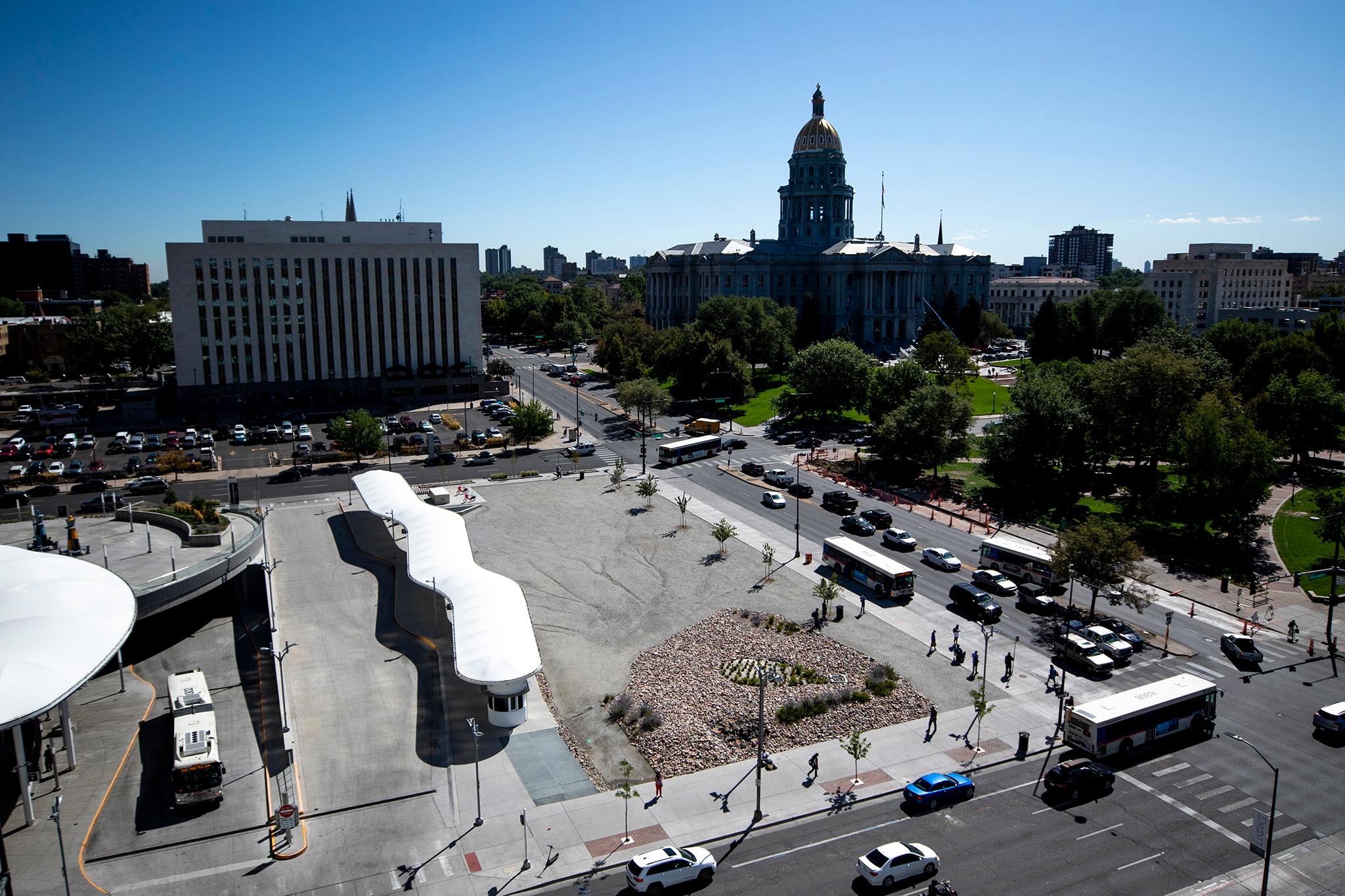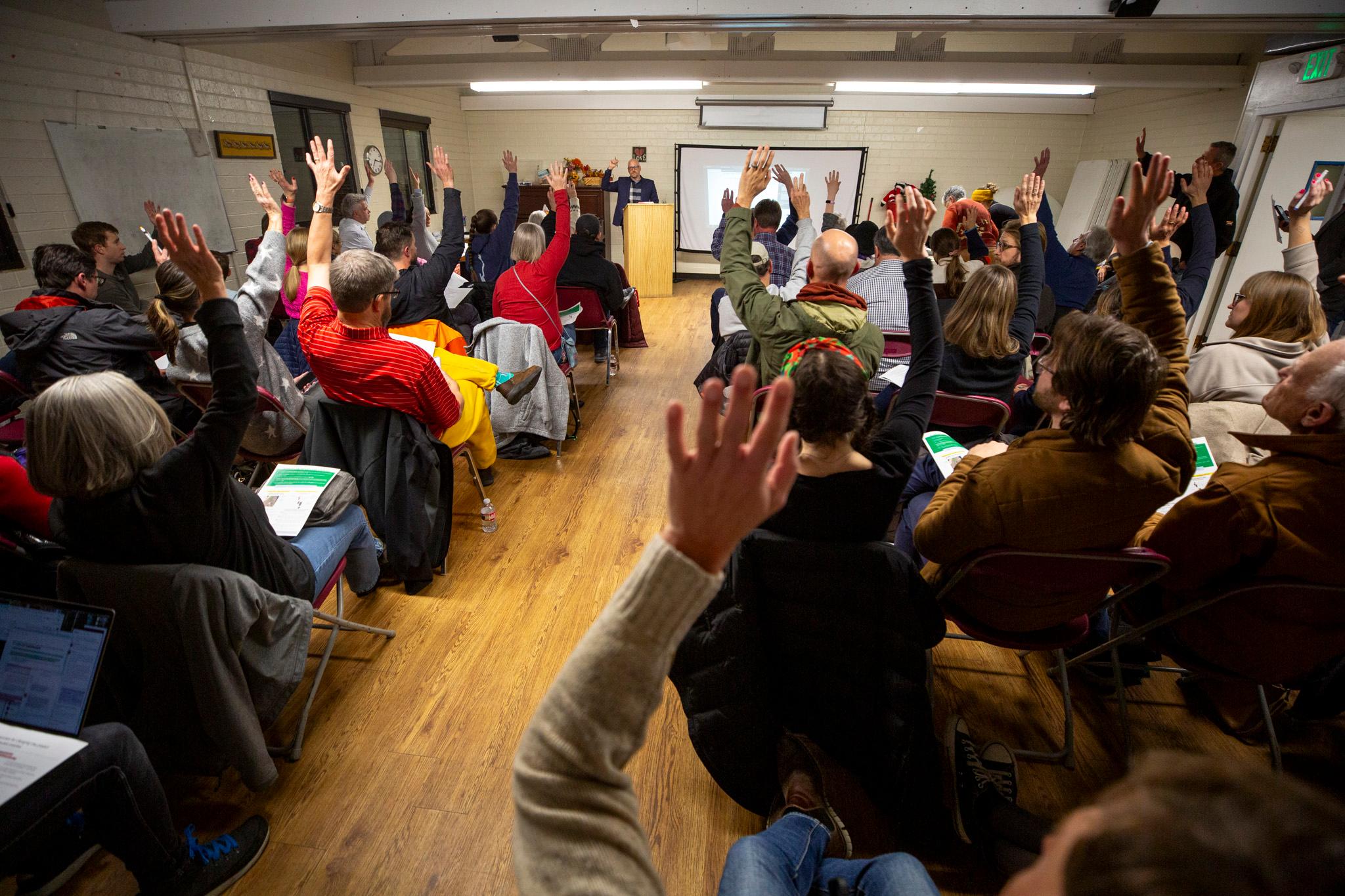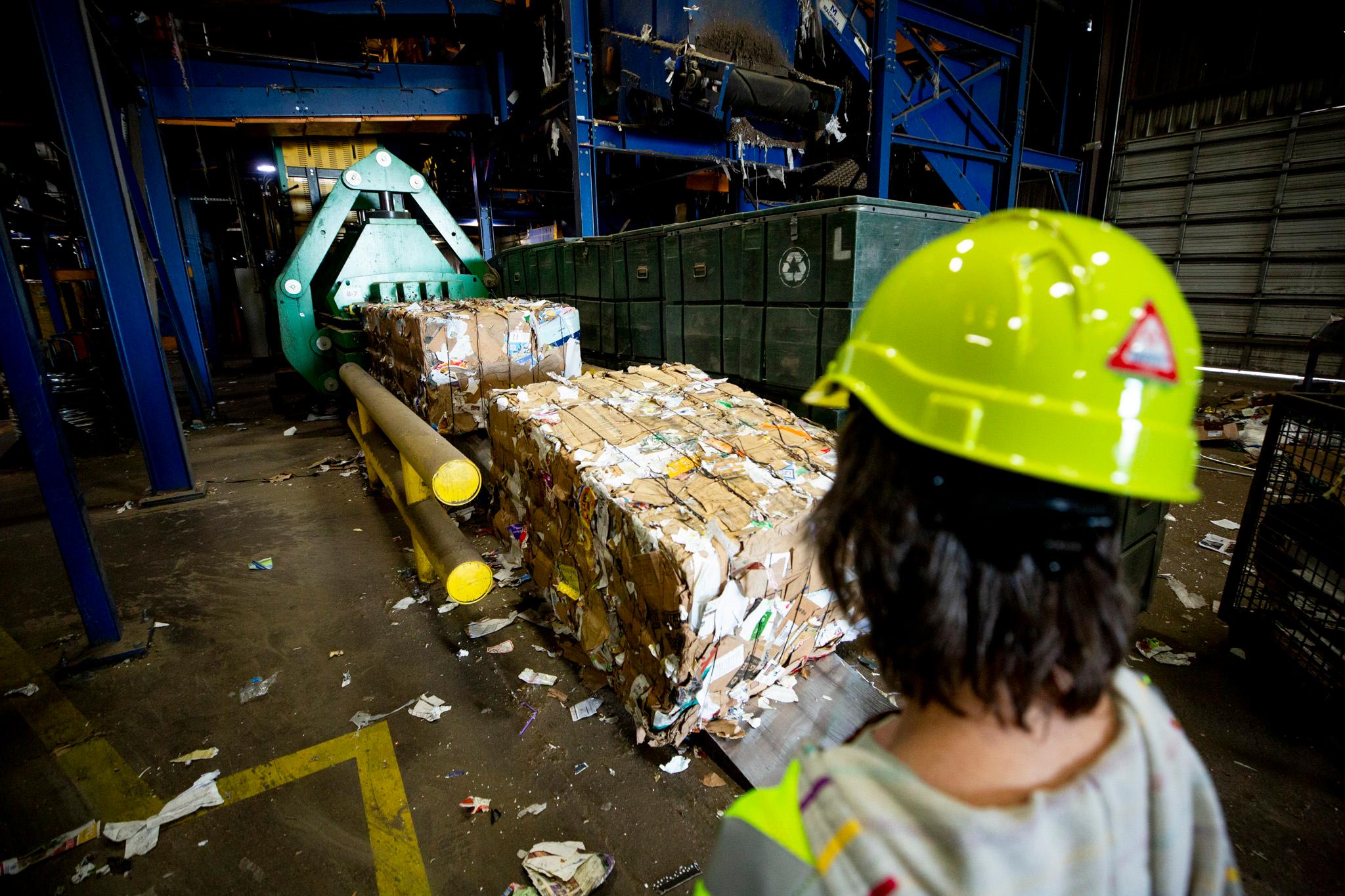Democrats in the General Assembly joined Gov. Jared Polis on Thursday to announce a major bill aimed at changing the way the state's oil and gas industry is regulated, including giving local government more authority over how their land is used.
Citing health and safety as their top priority, lawmakers said it was time to update the state's regulations to reflect how much the industry has "evolved" since the last major changes were made to regulations.
The proposed legislation would clarify the Colorado Oil and Gas Conservation Commission's (COGCC) goal to regulate the industry's activities instead of fostering them, provide clearer rules about local government having land-use authority when it comes to where new drilling takes place, add regulations for forced pooling practices, and add more rules that help protect the environment from drilling. The bill will be formally introduced within the coming days.
If the bill passes, lawmakers said it could mean local governments could decide on setback distances for new oil and gas wells. But the bill doesn't specifically have language related to setback distances. COGCC would still be responsible for regulating, implementing and enforcing the proposed new rules.
Polis said the bill addresses a "vital quality of life issue" for the state.
He mentioned how the industry has evolved and begun to approaching more suburban and urban areas -- but, he said, rules and requirements haven't kept pace.
"When you introduce heavy industrial operations in a densely operated area, conflicts occur," Polis said. "We need a legal framework to solve these conflicts. This bill does that."
Erin Martinez, who's husband Mark Martinez and brother Joey Irwin were killed in April 2017 after a gas leak from an uncapped gas line caused an explosion in their home in Firestone, provided emotional testimony backing the bill. Even Polis, normally composed during public appearances, grew teary-eyed as Martinez detailed her harrowing experience.
"On the day of the explosion, I remember being blown into the air and trapped between falling debris," Martinez said. "The entire house was lifted off of its foundation."
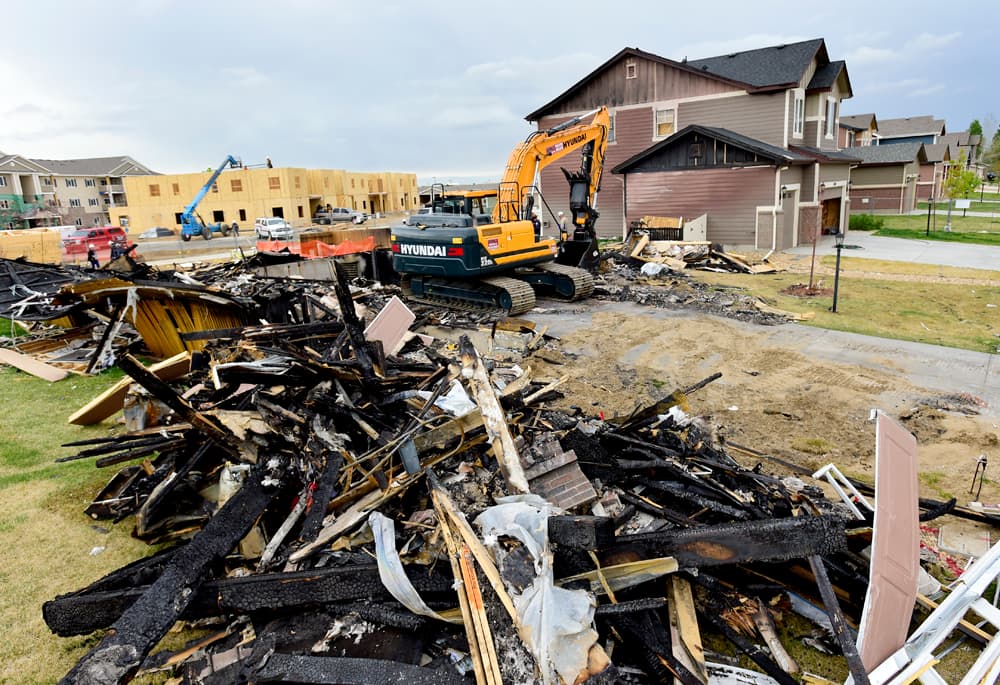
Martinez said the gas leak near the home that ultimately led to the explosion went undetected for four months and should have been inspected. House Speaker KC Becker of Boulder said the bill would push to ensure more flow lines are checked before they're reopened.
"I have no desire to destroy an industry," Martinez said, before adding, "Human life should come first. The only way to make sure this never happens again is to learn from this tragedy and create safer regulations and guidelines that put human safety first."
The bill would give more power to local governments, which means a place like Denver could set their own setback distances.
State Sen. Angela Williams of Denver appeared alongside other lawmakers during Thursday's press conference. Her district includes the DIA neighborhood, which is home to several oil and gas wells, and she said there's been interest from companies who want to drill in nearby Green Valley Ranch.
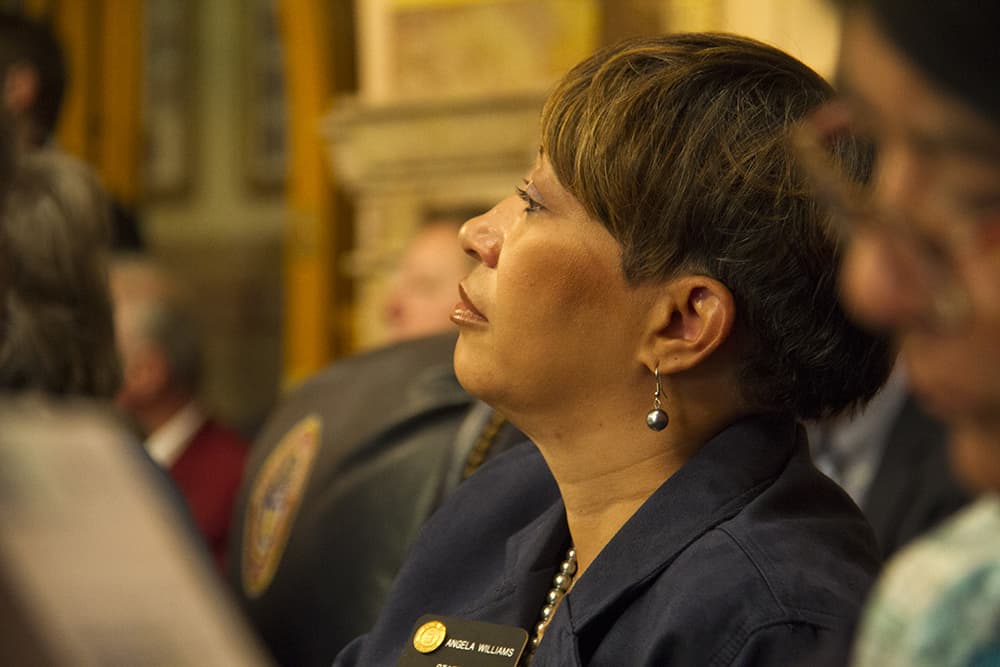
"Our constituents will have a voice in what's going to occur in the City and County of Denver and I think that's very important," Williams said. She said since companies expressed interest in drilling in her district, residents have become more informed about the process.
She thinks the new regulations can "coexist" with people who live and work in the industry and are Denver residents.
"We're going to have legislation that says okay, number one, 'You've got to take the health, safety, the people of Colorado into consideration before a permit is issued," Williams said. "I think that's the biggest thing we can do."
Becker said the legislation was created with input from various stakeholders.
She added that the the measure "addresses a lot of the issues that people are concerned with."
Senate Majority Leader Fenberg of Boulder said the bill was written by lawmakers, not activists or the industry.
"Our intention here was to write a bill that solves the major issues associated with oil and gas development and its impact on people," Fenberg said. "We believe that's what this bill accomplishes."
Colorado's total oil production is valued at more than $9.9 billion for 2018, which is 62 percent higher than in 2017, according to the 2019 Colorado Business Economic Outlook released in December. They estimated the value of gas production for 2018 was at $5.3 billion.
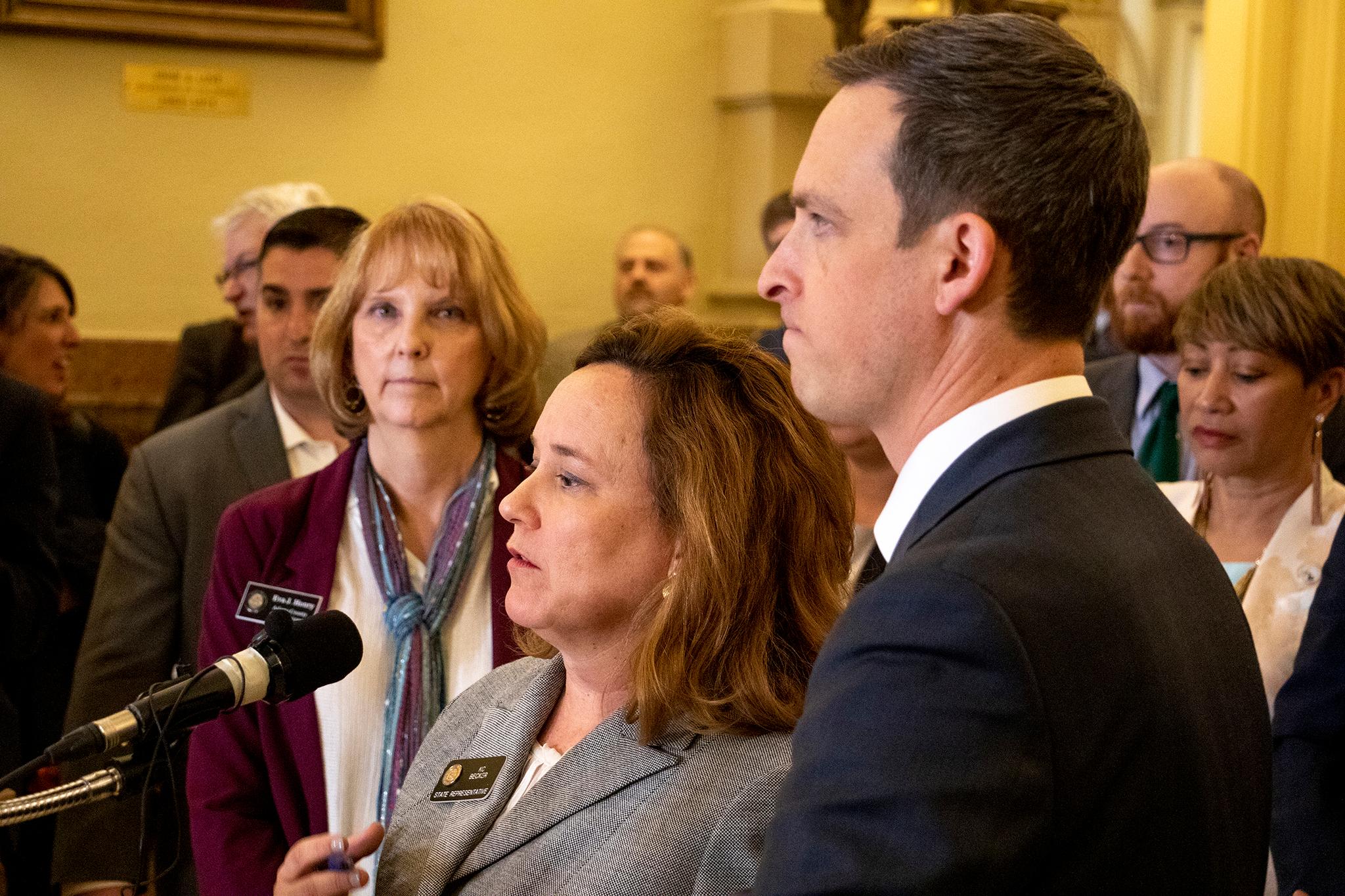
The report noted crude oil production hit an all-time high in 2017, with an expected growth in Colorado of 20 percent in 2018.
As you might expect, the industry is skeptical about new changes.
Before Thursday's announcement, the Colorado Petroleum Council issued a statement responding to the legislator's plans. Its executive director, Tracee Bentley, later issued an additional statement after lawmakers presented their plans. Bentley said they didn't feel like they were a part of the bill's stakeholder process.
Bentley questioned the legislative process's transparency and said it should make any industry, organization or citizen group "nervous."
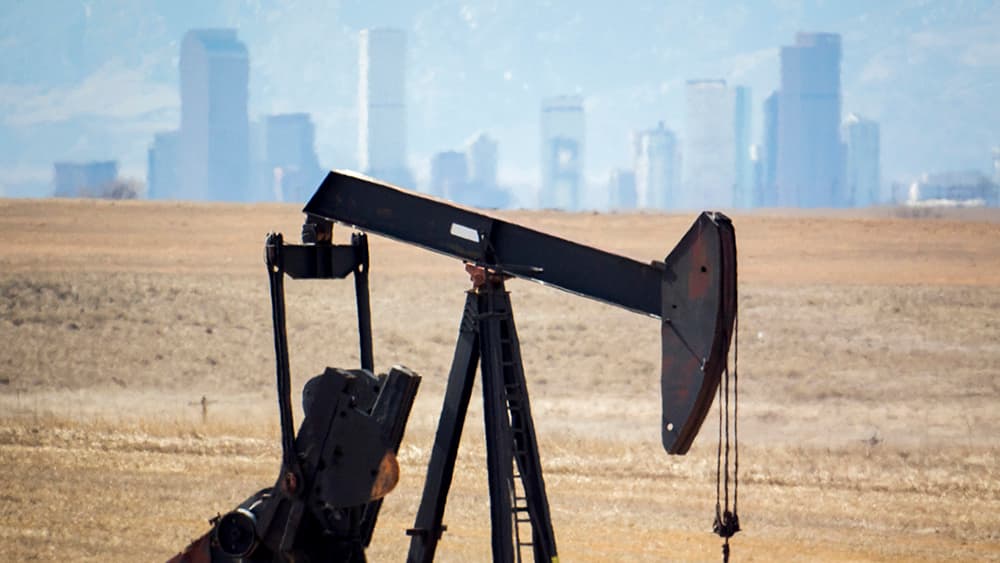
"In my over 15 years of working with the Colorado state government, not having a thorough stakeholder process is unprecedented, especially for a bill that targets one industry but impacts every Coloradan," Bentley said in the statement. "We are deeply disappointed that House and Senate leadership do not appear to value the stakeholder process nor the importance of having all stakeholders at the table on one of the most consequential proposals in Colorado history."
Dan Haley, president and CEO of the Colorado Oil & Gas Association, said in a statement Thursday that while they're looking forward to the seeing some of the reforms introduced by the legislators, the notion that oil and gas regulations haven't been updated in 60 years is "revisionist history." It was the amount of time Democrats claimed had passed since the last major regulation reform for the industry.
Haley said they were offended by the "intentional mischaracterization" of their industry. He added they share values outlined by lawmakers and Polis on Thursday.
"We have the strictest regulations in the country and they have been updated dozens and dozens of times with bipartisan support and the involvement of countless stakeholders," Haley said in the statement. "Ask Gov. Hickenlooper. Ask Gov. Ritter. Ask Gov. Romer. Rather than crafting their reforms in secret, they built a table big enough for all Coloradans to have a legitimate discussion."
Fenberg said they received input from the industry, though he didn't specify which group or to what extent.
The organization that proposed new setback regulations during the 2018 election wants to hear more details before saying more.
Colorado Rising, the group behind the 2018 ballot measure to increase new setbacks to 2,500 feet, said last year they were considering introducing a similar ballot initiative in 2020. The group's executive director, Joe Salazar, issued a statement following Thursday's press conference, saying they wouldn't be taking a position since they hadn't seen the bill's final language.
"What we will say, however, is that families (Republicans, Democrats, and independents alike) are being affected by this abusive industry and we are on the brink of a climate catastrophe," Salazar said in the statement. "We are hoping Colorado will do its part to protect our environment and people."
Becker said Thursday they did meet with and receive input from Colorado Rising. It's possible the bill could discourage the group from bringing forward another setback ballot measure.
"We think the bill is comprehensive and addresses a lot of the outstanding issues in oil and gas, but it's also common sense," Becker said. "We'll see how the debate goes forward. What they do is up to them."

